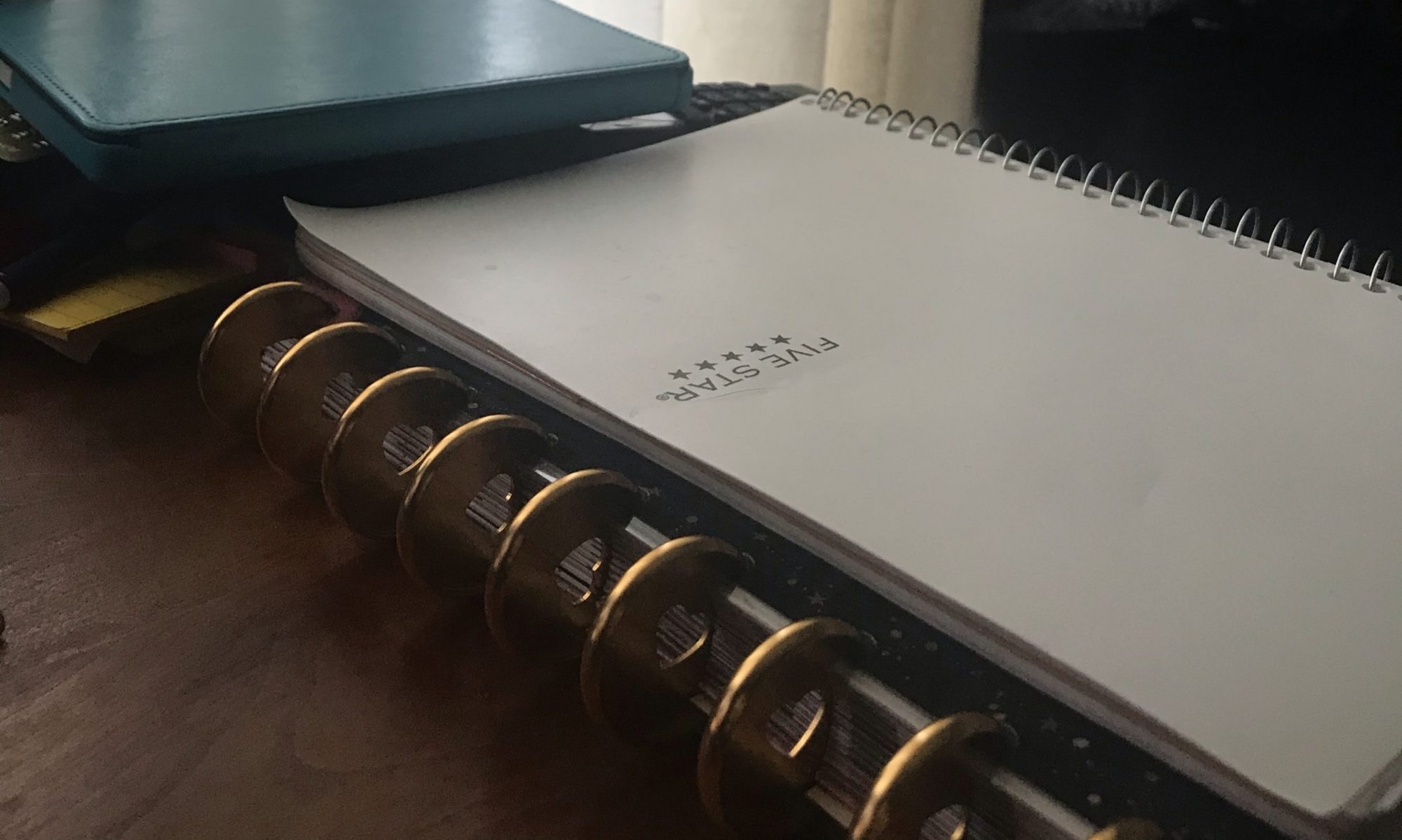The anniversary is old enough to drink.
That was the absurd realization I had on Friday, thinking about this weekend, remembering again that the weekend was the anniversary of the day.
The anniversary is old enough to drink.
An entire generation of adults have been born since that September Tuesday that should have been as normal as any other. It was bright and beautiful with just a hint of crispness that you sometimes get in early September. I was a college sophomore at Grand Valley State, two months out from my nineteenth birthday. I’d taken a bike ride in the hopes it would help my developing head cold and returned after my roommate was gone for class.
Someone in an IRC chat told me to turn on the television because a plane at hit the towers. I thought he was joking, but after he said it again, I turned on the Today show, thinking that it couldn’t be anything major. I remember watching the anchors be as confused as I was.
I called friends, told them to turn on the TV.
I was one the phone with one when the second plane hit and all of a sudden, you knew.
This anniversary is old enough to drink.
There are more than a few children that have been born to parents who weren’t even born to a world where the towers stood at the edge of Manhattan. I don’t know that it will never not be surreal to think about that.
The university didn’t cancel classes. Individual professors did. Perhaps by the evening classes, the university had shut them down, but I don’t remember that. I only know that all of my classes would have happened if not for professors cancelling them.
The Classics department found out what was happening from me. My Latin professor found out from me. My anthropology professor cancelled class because he and his wife—another professor, my advisor at the time—were trying to figure out where her sister was.
She worked at the Trade Center.
She was okay.
Back then, my dad traveled extensively for work. California was not an unusual destination.
I didn’t know where my dad was.
This was a time before most of us had cell phones. I called my mom long-distance with a phone card.
Where’s Dad?
Safe. He wasn’t on those flights.
Dad was already in California. He ended up staying longer than anticipated because he couldn’t get a flight out. We all forget about that, I think, how long air traffic was shut down.
Shut down for good reason.
My cousin was in the Air Force at the time. I didn’t know where she was. I didn’t have her parents’ number.
I called my grandparents to get it. I had three younger siblings. I didn’t want to tie up my mom’s phone line, just in case.
My cousin was okay—and told us a story a long while later about something that happened later that day, at the SAC base in Omaha where she’d been stationed.
My brother was a senior in high school. My sister was in elementary school. I struggle to remember what grade my baby brother was in, but he must have been in elementary school, too, because he would graduate high school eleven years later. For some reason, thinking about it, the story my mom tells about the day centers on my sister.
They stayed at school.
My mom could have pulled them out—she’d been at the elementary school when it all happened and later when word came down and the district was deciding to lock down. The office staff told her that if she didn’t want to get stuck there, she needed to go, but she could pull my siblings if she wanted.
She said no, let them stay, let them be with their friends.
We were all with our friends.
This anniversary is old enough to drink.
Most of my generation wasn’t when the world was reshaped. A bare handful of American millennials were able to drink when 9/11 happened, when the towers fell, when the Pentagon was hit, when a plane was forced down over a Pennsylvania field.
It was not the world that was expected. It was the world we got. We were supposed to have peace and prosperity and flying cars and, to quote Fukuyama, an “end of history.” (Not that I’ve ever bought his thesis there)
Instead, twenty years of war and a generation lost. Innocence lost. Nothing is as we expected. Nothing is as was hoped for by our parents, or their parents, for their children and grandchildren.
We remember and mourn not only those who were lost and what was lost, but what might have been. There has been good. There has been bad.
There’s been a lot.
Twenty-one Septembers later, this anniversary is old enough to drink.
It is not an anniversary we ever wanted, but it’s the one we get.
Twenty-one Septembers later, this anniversary is old enough to drink.


